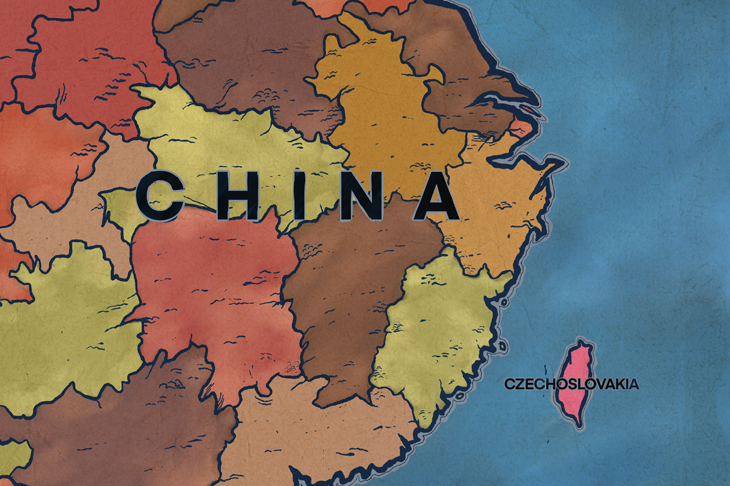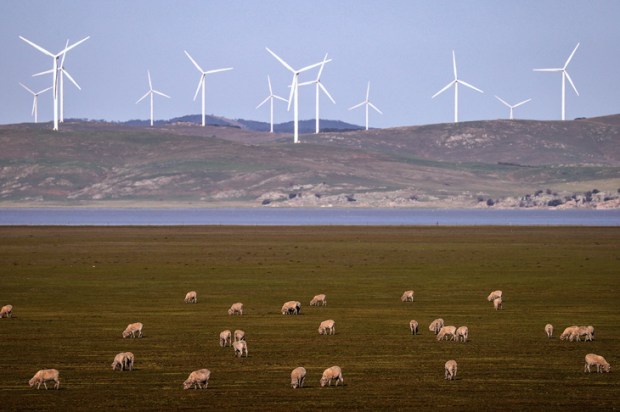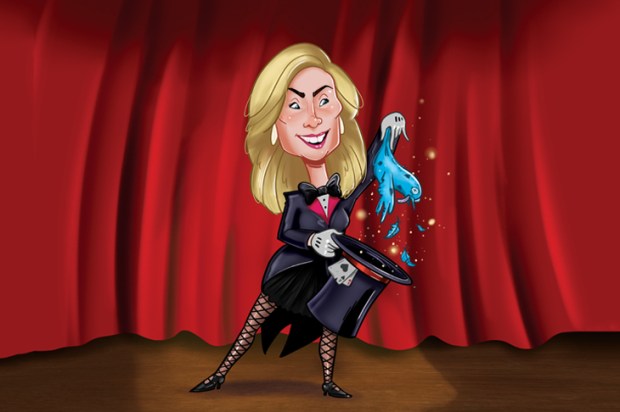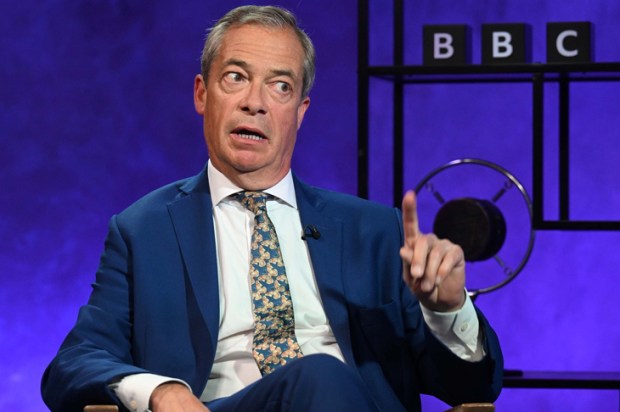The island of Kinmen (Quemoy) lies immediately adjacent to the Chinese mainland and represents a steppingstone to Taiwan itself. On 25 October 1949, Chiang Kai-shek’s army killed or captured the entire PLA invasion force – a defeat for Mao so humiliating it had to be concealed from the population on the mainland for half a century.
Already a subscriber? Log in
Subscribe for just $2 a week
Try a month of The Spectator Australia absolutely free and without commitment. Not only that but – if you choose to continue – you’ll pay just $2 a week for your first year.
- Unlimited access to spectator.com.au and app
- The weekly edition on the Spectator Australia app
- Spectator podcasts and newsletters
- Full access to spectator.co.uk
Or
Unlock this article
You might disagree with half of it, but you’ll enjoy reading all of it. Try your first month for free, then just $2 a week for the remainder of your first year.














Comments
Don't miss out
Join the conversation with other Spectator Australia readers. Subscribe to leave a comment.
SUBSCRIBEAlready a subscriber? Log in